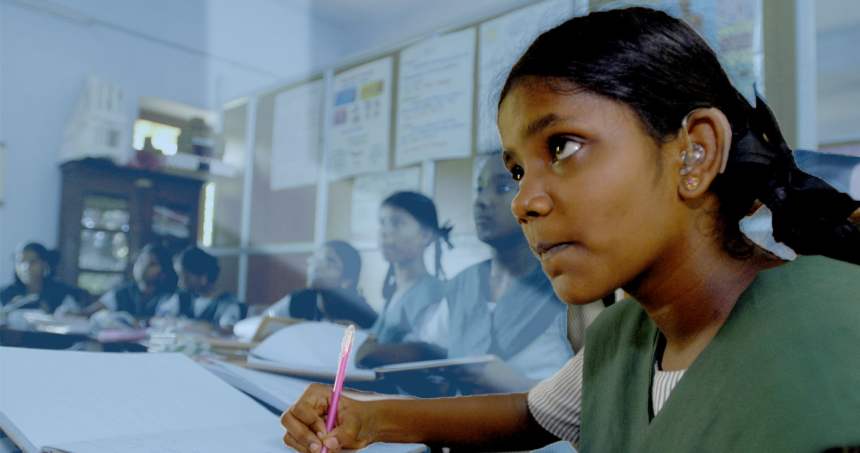The Indian central government is embarking on its first implementation blockchain-based solutions, starting with the digital certification of education degrees, which will be issued using the distributed ledger technology starting with batches graduating next year. The project, IndiaChain, is partnering with the Indian Institute of Technology (Bombay) and colleges under the Delhi University.
IndiaChain will be linked to IndiaStack, other government digital identification databases, and the government’s digital locker project. IndiaStack, a set of code developed around India’s unique identity project Aadhaar, helps developers build products and services on top the country’s growing digital infrastructure.
The trials are being conducted by Niti Aayog, the government’s policy think tank. According to the group, the pilot trials will begin soon, and once they are successfully completed the full-scale implementation will start. The plan is to start issuing digital certificates on the blockchain for students graduating in 2019 and onwards.
Fake education certificates/degrees are a huge problem in India, a country that graduates over five million students every year. They are not hard to obtain: A paper certificate that looks exactly like an original can be bought for as little as Rs 2,000 (just over $30). In fact, as recently as January 29th the Delhi police arrested three men, including a Delhi University graduate, who was allegedly involved in running a massive fake degree racket.
The problem down the line is that companies hiring recent graduates by the thousands, typically software and service providers, have to spend a lot of money to verify the certificates and transcripts they receive. A digital certificate based on blockchain technology would help address this problem. In the case of IndiaChain, verification will be done via an app, and authentication can be instantaneous once the certificate holder themselves approves of the access. Another advantage is that records cannot be tampered with, as changes to individual blocks can be made only with the approval of all parties processing the block.
During his recent budget presentation, Finance Minister Arun Jaitley announced intentions to clamp down on cryptocurrencies, but showed support for adopting blockchain-based technology for developing solutions. “The Government will explore the use of blockchain technology pro-actively for ushering in the digital economy,” the minister said. Already, Indian states Andhra Pradesh, Telangana and Karnataka are looking at implementing governance projects on the blockchain at the state level, with applications that include land title registry, power distribution, health records, insurance, and more.
